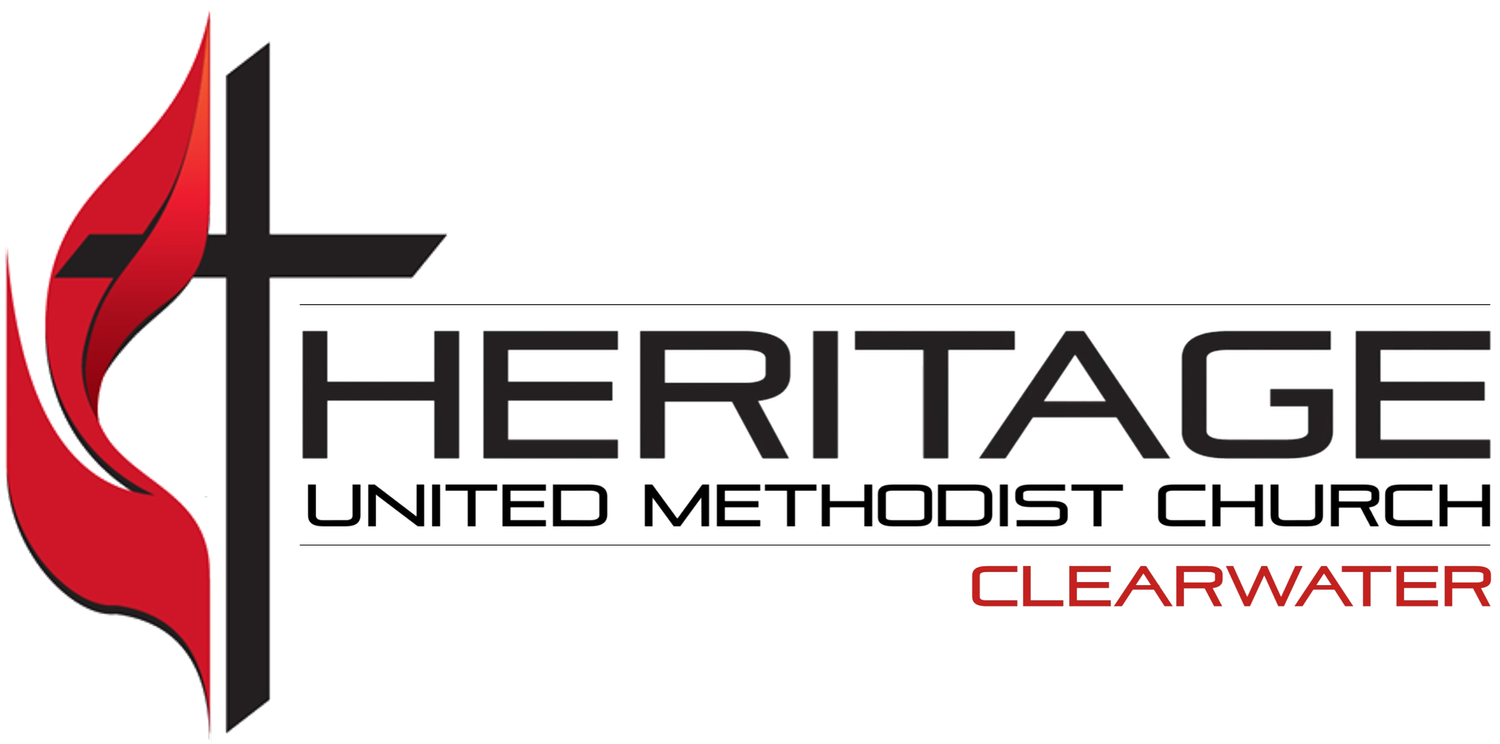Sermon Recap: Turning Things Upside Down
Walking into worship this Sunday at Heritage United Methodist Church in Clearwater, I thought I knew what to expect. A warm, fuzzy start to the sermon series on the Beatitudes. But, boy was I wrong. Since it’s back-to-school season, he compared this sermon series to getting “schooled” by the Bible. Some lessons, like in real school, aren’t easy to hear. But they help us grow. And like Pastor Matt always says, “Life with Jesus doesn’t make it easier, it makes it better.”
What struck me most this week was how Pastor Matt described the way Jesus takes the world’s values and flips them completely upside down. He told stories about losing his keys and even a childhood library meltdown with a pacifier — funny moments that actually helped me see how Jesus sometimes has to “dump out the bag” so that the most important things come into view.
That’s exactly what happens in the Sermon on the Mount (or Plain). Jesus lays out a vision for God’s Kingdom that sounds so backwards compared to the way life usually works. He says the blessed ones — the ones in the most enviable position — aren’t the rich, the powerful, or the admired. Instead, it’s the poor, the hungry, the mourning, the meek, and those who are persecuted.
As Pastor Matt reminded us, that’s hard medicine to swallow. Honestly, it’s way harder than the Ten Commandments. But it’s also freeing. Jesus isn’t saying we’re blessed because life is easy — He’s showing us that in God’s Kingdom, the lowly, the hurting, and the overlooked are actually the closest to His heart.
Luke calls this justice — not fairness, but real justice, where needs are met based on what people lack, not what everyone else already has. Matthew shapes the same teaching a little differently for his audience, emphasizing the spiritual side: poor in spirit, hungering for righteousness, being merciful, pure in heart, and peacemakers. Sometimes two versions of the same story in the Bible don’t exactly match. But As Pastor Matt reminded us, “Remember–we do not believe the Bible because every detail is locked down just right in journalistic or historic perfection. We believe the Bible because we can testify that its advice has led us to make choices that bore the fruit of the Holy Spirit. We believe the Bible because so many people have risked their lives to get it to us, and spent years of their lives carefully preserving and communicating it.”
Together, both versions remind us of this: God’s Kingdom values are not about climbing higher, but about humbling ourselves, trusting God, and caring for one another.
This week, I’m going to wrestle with what it means in my life to stop chasing the world’s version of “the good life” and instead lean into God’s idea of blessing. Like Pastor Matt said, maybe this is exactly where we’re supposed to be: right where God can do the most with us.

